The Overwatch League community was blindsided this week when two of the league’s veteran casters, Josh “Sideshow” Wilkinson and Brennon “Bren” Hook, revealed they would not be returning for the upcoming 2022 season.
After their announcement, league coworkers and fans around the world sent their best wishes and recounted their favorite memories of the high-energy duo. Both have been a part of the Overwatch League since its inaugural season, first serving as analysts on the desk and transitioning to the casting booth in 2020.
Fans seemed to have endless questions about the circumstances behind Bren and Sideshow’s departure, ranging from concerns about talent being undervalued in contract negotiations to conspiracy theories that they’re heading for the greener pastures in VALORANT.
The dynamic duo sat down with Dot Esports to explain the 2022 negotiation process, hint at what contractless freedom means for them, and inform the Overwatch League community that more wild shenanigans may be in store in the future.
What was the timeline like for your 2022 contract negotiations with the Overwatch League?
Bren: I think the initial offer we got was at the tail end of November [2021], roughly. The strange thing about it was that there was an expiration date on it, which is not the norm in the past when we’ve gone through negotiation periods. I wasn’t particularly comfortable with negotiating under an artificial time limit like that.
I understood it was a bit of a risk in terms of like, “we might not be doing the Overwatch League in 2022 if we turn down the offer,” but I felt like it was for the best, generally speaking, not jumping into negotiations so many months in advance. It just didn’t really make sense, at all, to begin negotiating around that point, and it definitely left a bit of a sour taste in my mouth.
Sideshow: I think the other thing to keep in mind is that there’s large amounts of staff turnover currently happening within the Overwatch League. There’s Jon Spector moving on, and I‘ve said this on stream, though it may have a couple of exceptions, that everyone that’s ever [worked] directly above us has moved on since 2018. Obviously, that doesn’t include the people who are high up making decisions within the Overwatch League, but specifically within the talent structure.
But at the end of the day, we have to make our decisions about 2022 based on how we think our value works on the market when we’re thinking about our role as streamers and content creators. We own a company in Plat Chat and we’re thinking about doing VALORANT work as well, so there’s a lot going on for us [where] we need to be clear about schedules moving forward into 2022.
Bren: I should add that I completely agree with Josh; I don’t think it was malicious. I think it’s more just the timing is very odd at the moment within the Overwatch League and it led to the very unfortunate circumstances that we’ve got right now.
So, you think that turnover might be why you got “ghosted”?
Sideshow: Personally, I’m not a fan of the word “ghosted.” It implies that we were expecting a response that never came whereas the communication was that we weren’t expected to hear anything more. That was the end of the process.
I think it would be unfair for us from the outside to speculate about whether or not staff turnover had a direct result on what happened. It’s perfectly possible that they just decided they wanted somebody different for 2022. That isn’t the communication that’s come out since the fact, like Sean Miller tweeting at us saying “oh, we’d love to figure something out.” That wasn’t what was communicated previously, which is why we had to make the announcement that we weren’t going to be working for 2022.
At the base of it, what was the main reason you turned down the Overwatch League’s initial offer?
Bren: The large point for me was negotiating under the time limit. In the past, there’s been precedent set with talent negotiating all the way up to, like, a week before the Overwatch League starts in some circumstances. In terms of the offer itself, I wasn’t a particularly big fan of it in terms of both monetary value and other limitations that were being set, which are pretty standard across esports and exclusive contracts. Like Josh mentioned earlier, I think a big portion is looking forward to 2022 and thinking about Plat Chat as a concept. That’s a big priority for us, so it’s about trying to find a balancing act in terms of pushing that forward and having a contract that’s fair in those terms.
Sideshow: At the end of the day, the reason most contracts break down is because there’s a difference in opinion about the value you’re bringing to the table. That’s part of what it was, but it’s not just the compensation part of it; it’s roped into a multitude of factors. The deal that we were offered didn’t make sense and usually, there’s a follow-up afterwards. There was not and that’s what made the difference this year.
Was there a moral component to your decision regarding what’s going on with Activision Blizzard?
Bren: I’d be lying if I said it wasn’t taken into consideration to a pretty large degree. We spent a lot of our lives being brought up on Blizzard games and looking at Blizzard as this difference-maker within the gaming sphere, where they sold themselves as an inclusive, welcoming environment. It was pretty difficult working for Blizzard when all that was going on because, you know, we have to go onto broadcast with a smile.
As it was going on, I was definitely thinking about the future and my potential involvement with the Overwatch League, especially how it all ties into furthering the company as a whole. You have to question your involvement to a certain degree. But it would be disingenuous of me to say it was the sole reason because it just wasn’t. It was for sure something in the back of my mind.
Sideshow: Probably for most people who are working for a company that is under investigation for such terrible things, you have to ask yourself the question of whether or not you want to continue working for companies like that. That’s not just Activision—it extends across various different companies involved in esports—but [Activision Blizzard] certainly had a massive revelation of what was going on inside the company during 2021. We’ve certainly asked ourselves that question, but it’s a multifactorial decision.
Could the community’s response to this announcement sway you, or the Overwatch League, to return to the negotiating table?
Sideshow: The community response is unlikely [to change anything]. I mean, I really appreciate the outpouring of support. It’s nice to have it all verbalized, of course.
It’s almost inevitable that any time a caster pair is announced to be leaving, for whatever reason, people are going to share the things that they enjoyed about having them there. It’s quite unlikely that the community response would be “good riddance, goodbye.” You’d have to be pretty hated as a caster pair for that to be the overwhelming response.
If you considered this extremely cynically and thought that the Overwatch League had no interest in working with us again, then even if there was a massive outpouring of support, it’s quite unlikely to change opinions or the amount that the budget has available or what’s actually written down in terms of contracts. There’d have to be some fundamental shift in terms of how either party was approaching the negotiation portion originally.
Bren: I spent a lot of 2021 killing the ego, prioritizing casting and trying to amplify the players, the teams, the games and less so making it about yourself. [The community has] been doing a good job of trying to resurrect the ego [laughs]. Trying to bring back the Bridowmaker, the Brenji, with all of these nice comments.
On to brighter topics: what was the most valuable part of the Overwatch League experience for you?
Sideshow: The most valuable stuff for me was just being added to a team, the incredible talent that was involved at the beginning of the Overwatch League. Not that the current talent isn’t incredible too, but compared to where I was in esports, that 2018 roster was much more experienced than I was. I was getting a lot from working with them, especially [former host Chris Puckett], who was helping us in terms of not just structuring thoughts but also producing segments.
I think that was the joy of being able to work in 2018 and 2019 in the [Burbank] Blizzard Arena; having all of those people close by to be able to bounce ideas off, to interact with on a day-in, day-out basis. There were a lot of challenges that we had to try and solve, but that’s where you learn the most. I definitely grew the most in my entire career during 2018 and 2019.
Bren: It wasn’t just the career aspect for me. A large portion of it was just growing as a human, I would say. I entered the Overwatch League at the age of 21. I mean, I wouldn’t trust most 21-year-olds with anything, really, let alone being a mouthpiece for a multi-million dollar global esports league. Being put into that role, it was a very quick maturing process.
If you could say anything to the Overwatch community, what would it be?
Sideshow: I think mine would be that it really isn’t goodbye. A lot of people are reacting like we’re not going to be involved in Overwatch again or something like that.
Bren: I’ve seen memorial posts for you, Josh.
Sideshow: The man formerly known as Sideshow? Yeah.
But, honestly, I’m still intending to be around this scene. I’m still going to be doing Plat Chat and following, at the very least, the tournament games and doing co-streams. It’s not that I’m uninterested or moving on or anything like that. It’s just that I’m not going to be involved in that official [capacity] that I was in 2021 and before that.
We’re still going to give you funny, cool moments for Overwatch in the future. We’re not bailing. We’re going to potentially have more freedom to do even funnier, weirder shit for the Overwatch scene. The community reaction is extremely heartwarming but almost odd in the sense that you’re like, watching your own funeral when you’re still planning on staying alive.
It’s extremely kind, but I’m still planning on sticking around to some decent degree. That’s what I would say. You’ll get sick of me over the course of 2022. You’ll wish I was fucking gone. I’m still gonna be around, you haven’t got rid of me yet.
Bren: Thank you is the big [reponse] from me, I think. That needs to be said. The nature of our work in 2020 and 2021, I felt like I was almost stuck in some personal purgatory where I’m staring at four walls or a garage and I’m casting the games. My brain creates defining memories through a change of scenery and I wasn’t getting that. As a side effect, it becomes hard to realize the impact our work had on a lot of people.
Sideshow: We’ve kind of alluded to it throughout the conversation we’ve had with you, but going remote and doing things remotely [changed things]. It’s not the fault of the Overwatch League that things had to be done remotely—we’re in the middle of a pandemic—and I think a lot of credit can be given to them for how they’ve handled that situation.
From a caster’s point of view, it’s a killer. It’s a real killer doing remote work. You lose all the things I was talking about earlier about working at the Blizzard Arena, having those people to bounce off of. I mean, I’m not going to schedule a Zoom call just to have some casual conversation in the same way that we would if we were just chatting with them in the corridors or at a bar afterwards.
You lose out on all of the aspects that help you improve at your job and help you improve the broadcast overall. It really does take something away. I’m not saying that as a critique of the Overwatch League, it’s just the situation as broadcast talent at the moment is changing and that changes what you want to do as you look towards the future. It changes how you find that equilibrium with your time. What do you want to be investing that time into? What do you find rewarding?
Bren: To add onto that as well, one of the comments people were saying was, “Well, I wasn’t surprised at the announcement.” I think it could appear at times that we weren’t interested in the Overwatch scene or the Overwatch League, which is not true. Both of us wouldn’t have moved 5,000 miles to work on this if we didn’t care about it. We sacrificed a lot for it. It’s not that we don’t care, it’s just that the circumstances changed because of the pandemic.
I found that a lot of my enjoyment came from being a creative person and there weren’t as many avenues remote and online. You think back to when we were at homestands and in-person events, the amount of skits we did, so many stupid, cringeworthy skits. We had so many opportunities to be creative and throw something out there, like me ripping off my jacket on stage in Atlanta and getting producers screaming in my ear because they thought they were going to get pulled off of Twitch from showing my nipples. It’s those moments that really make it not just a job but something that you reflect on and think, “Yeah, I want to do this for the rest of my life.” And that was kind of taken away with the pandemic.
Sideshow: That’s why we’ve been enjoying working on Plat Chat and other projects like it because we have the freedom to do that kind of stuff. That’s part of being excited for what’s happening in 2022 is getting those opportunities. Again, if the Overwatch League is interested in reaching back out and getting us to do weird, funny stuff, or if they’re planning to do live events, the door isn’t closed for us to work with them in the future. It’s that the full-time offer that we were given just didn’t work. That’s the situation; it’s not that we’re refusing to work with them ever again.
This interview has been edited for clarity and length.



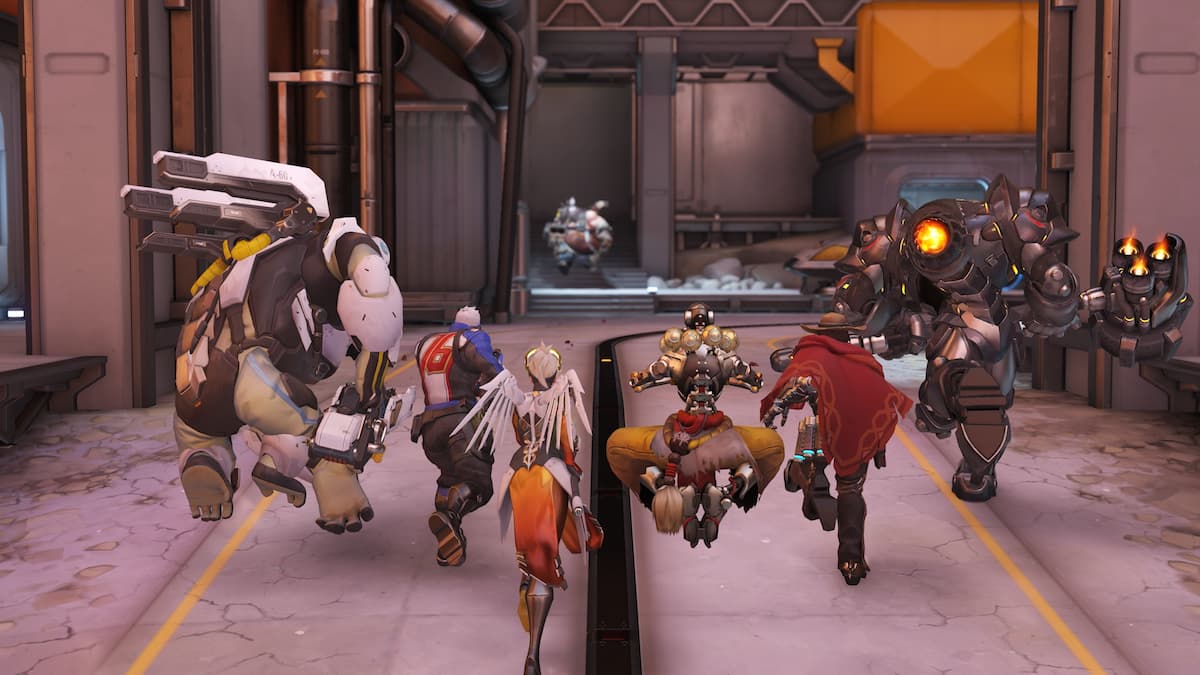

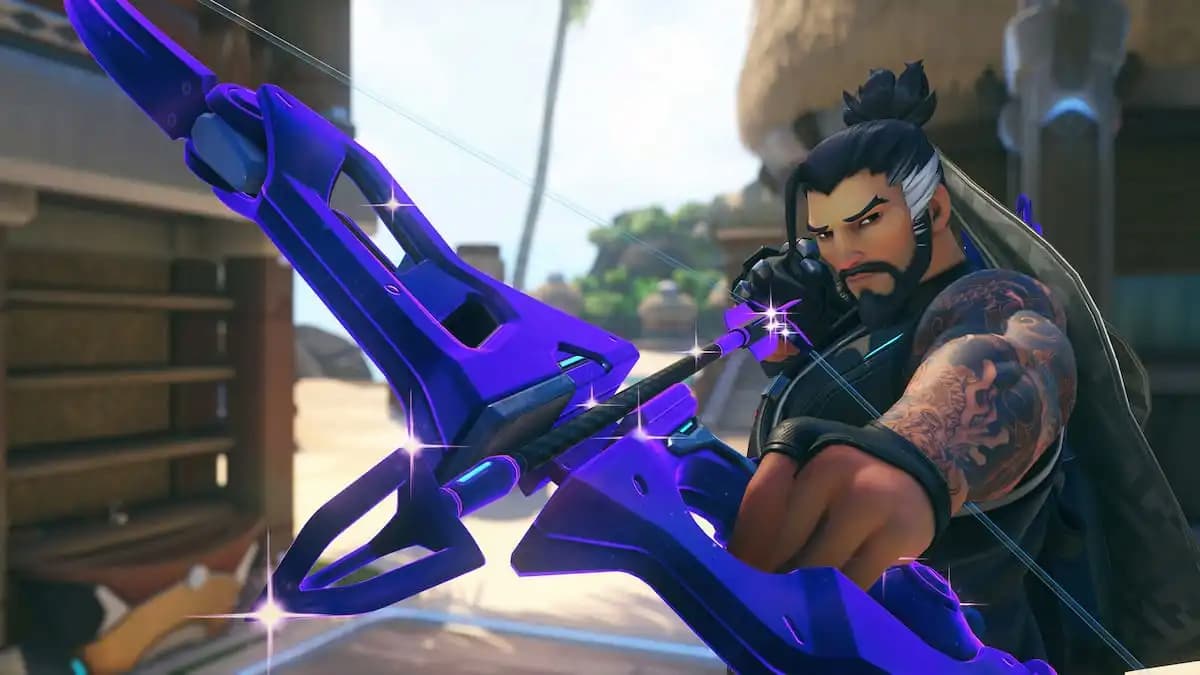
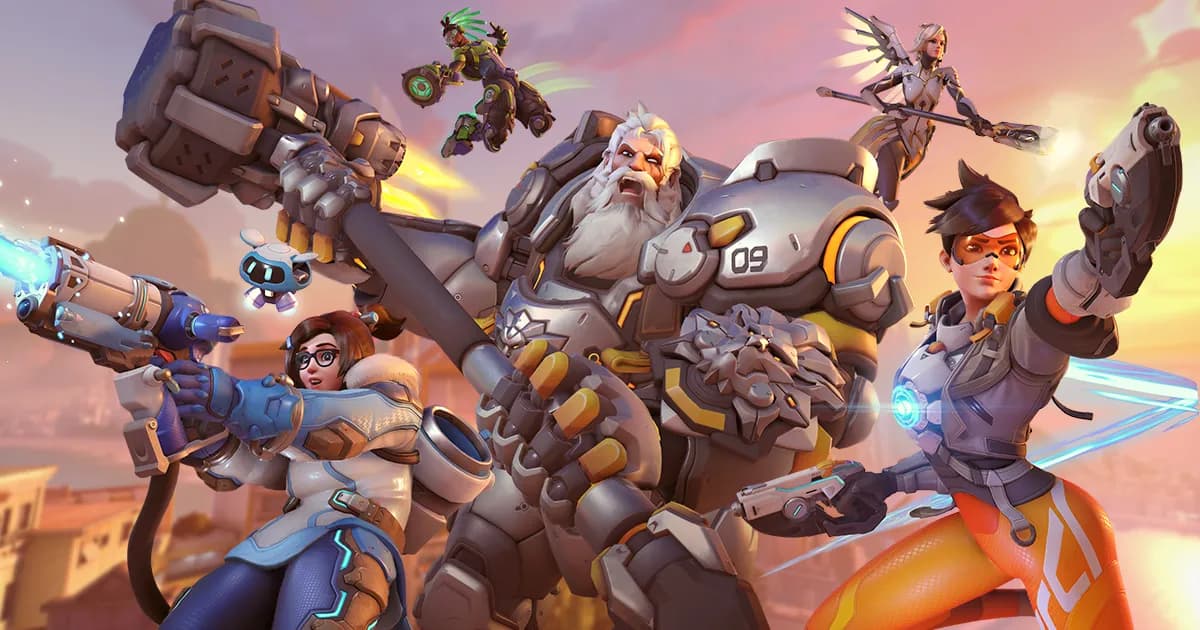
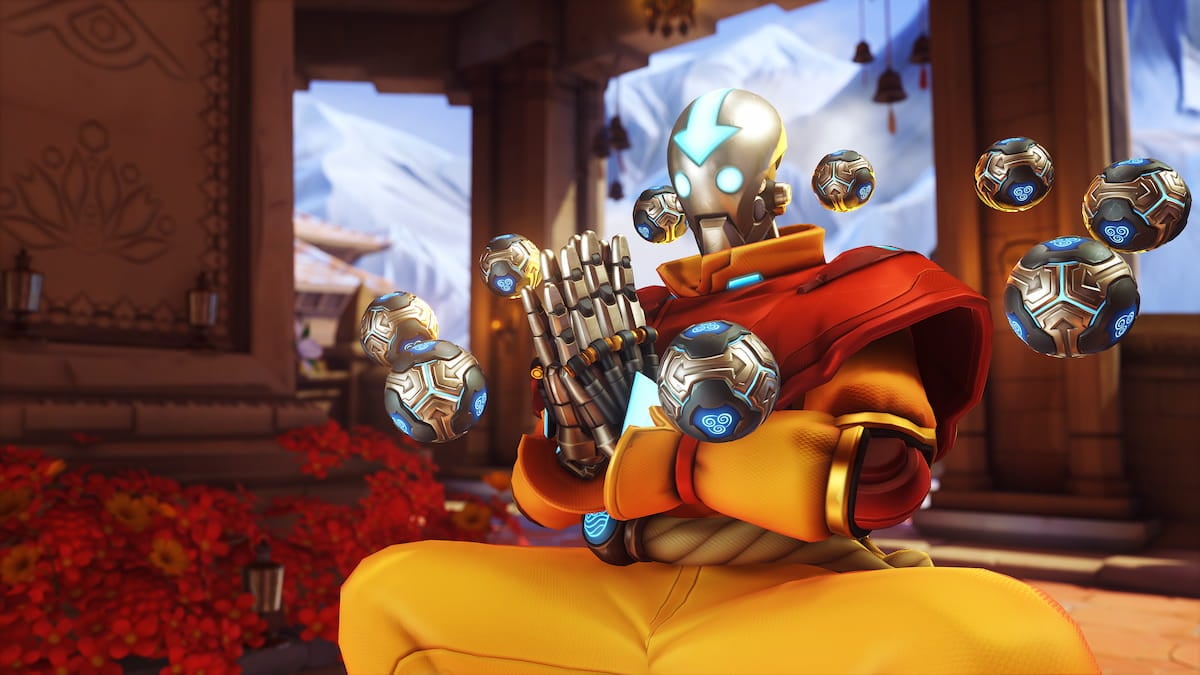
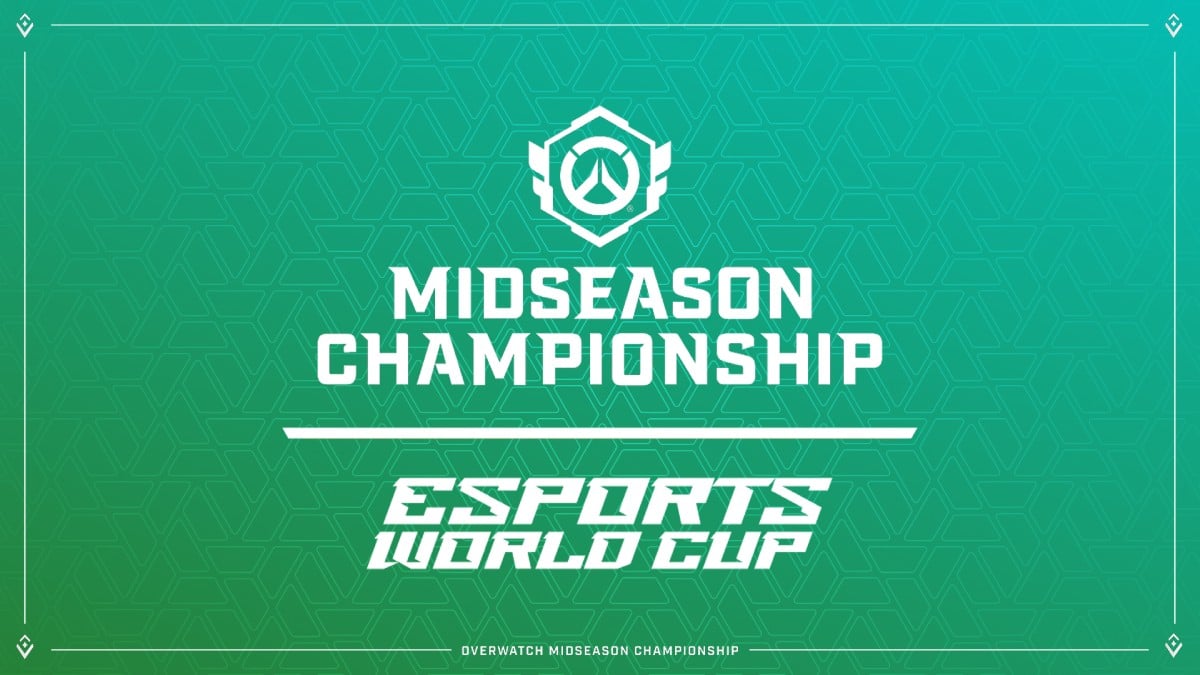
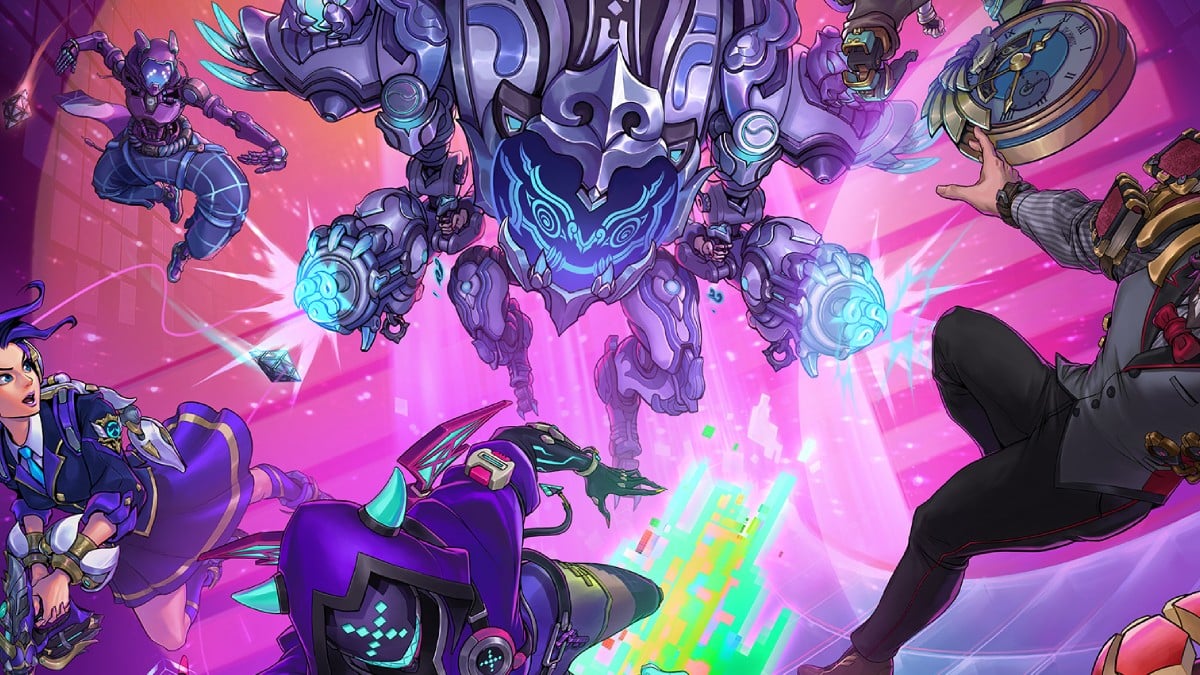
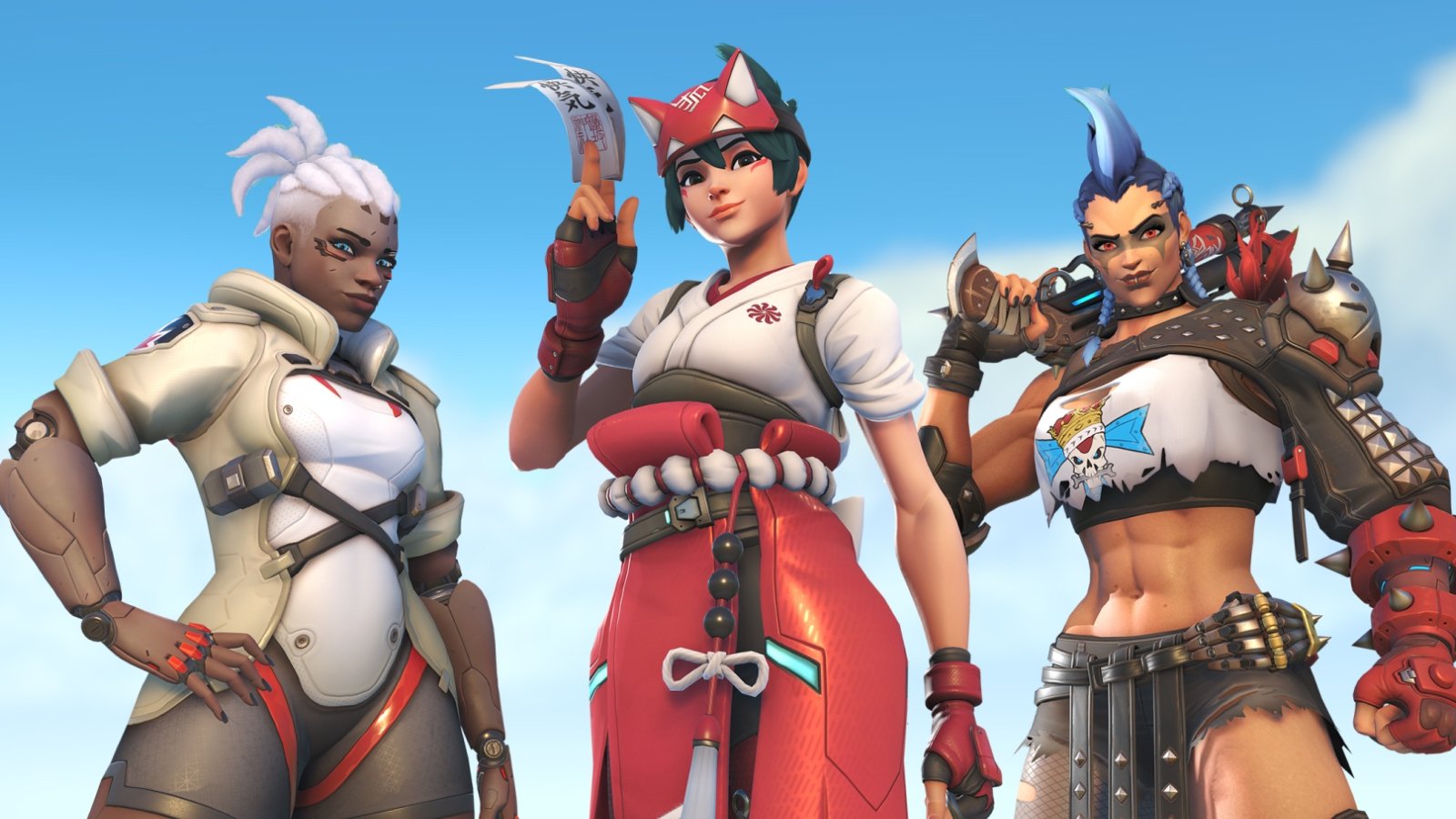
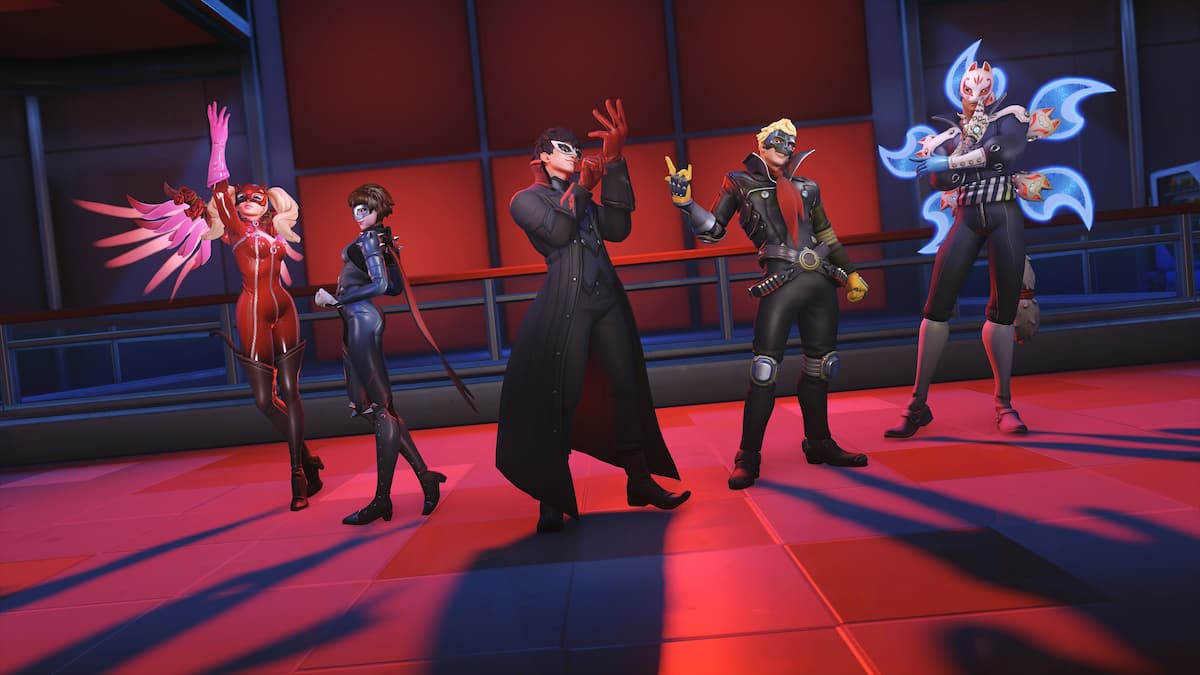
Published: Jan 28, 2022 10:07 pm